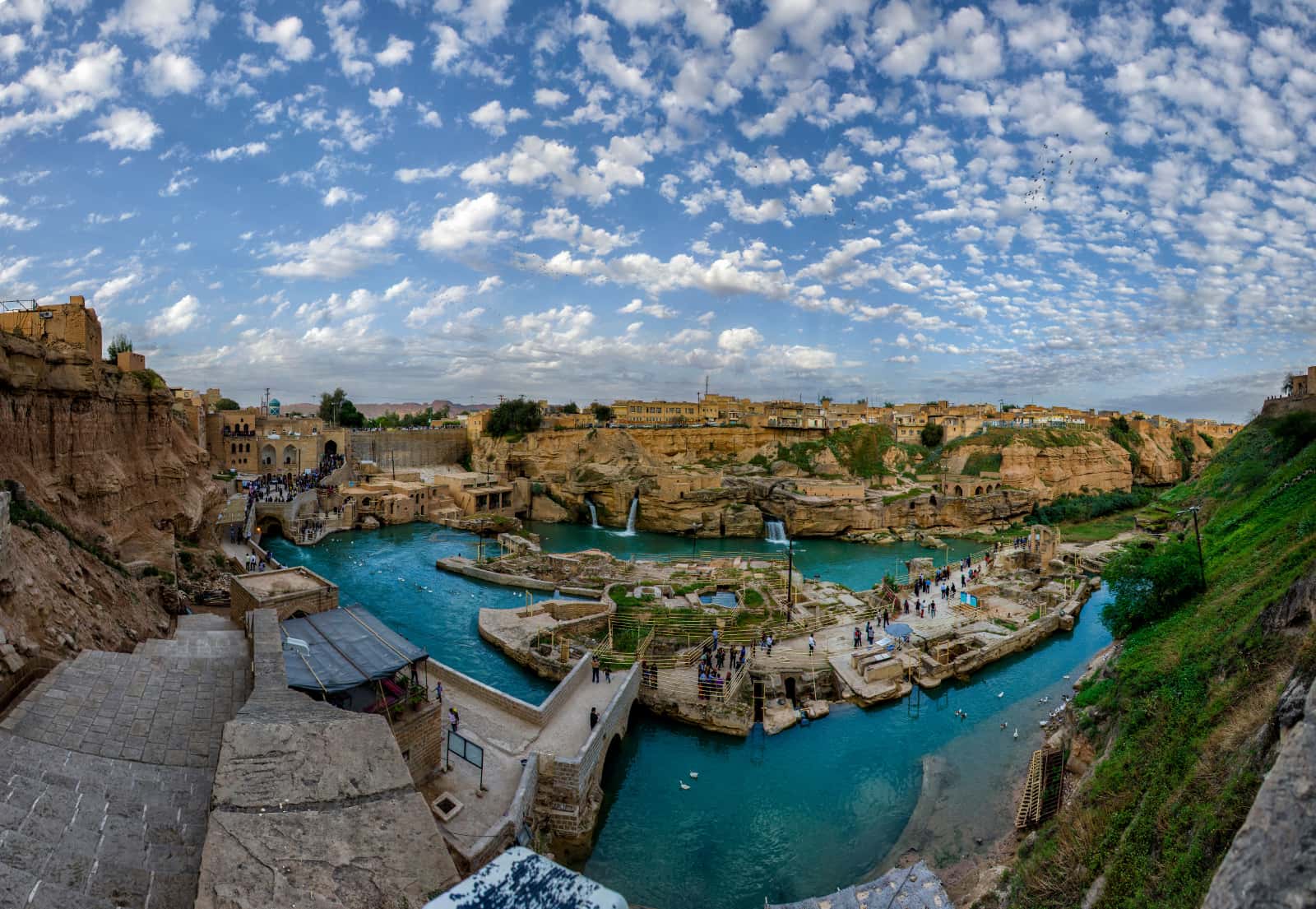

Downloads
DOI:
https://doi.org/10.58981/bluepapers.2024.2.01Published
Issue
Section
License
Copyright (c) 2024 Tino Mager

This work is licensed under a Creative Commons Attribution 4.0 International License.
How to Cite
Keywords:
World Heritage, water management, climate changeAbstract
As climate change and water-related threats like floods and droughts intensify, water management must become a key component of World Heritage management plans. Currently, these plans are not required to address water management even though an increasing number of sites are encountering water-related challenges. A lack of comprehensive data and knowledge sharing hampers efforts to collectively address these issues, posing a risk to the preservation of their Outstanding Universal Value. This article examines the significance of water management for World Heritage Sites, including sites directly connected to water and those facing water-related threats. It presents three examples from Germany to illustrate these challenges and underscores the need for improved knowledge sharing and integration between World Heritage properties and their surrounding environments.
References
Arrighi, Chiara. 2021. “A Global Scale Analysis of River Flood Risk of UNESCO World Heritage Sites.” Frontiers in Water 3. https://doi.org/10.3389/frwa.2021.764459.
Chen, Chien-Nien, and Dawei Han. 2016. “Water Heritage: Classification and Degrees of Intervention.” In ICHE 2016. Proceedings of the 12th International Conference on Hydroscience & Engineering, November 6-10, 2016, Tainan, Taiwan, edited by Pao-Shan Yu and Wie-Cheng Lo. Tainan: NCKU.
Dai, Tianchen, and Carola Hein 2023. “Exploring the Descriptions of World Heritage Properties through the Perspective of Water using a Narrative Approach.” International Journal of Heritage Studies 29, no. 12: 1315–38. https://doi.org/10.1080/13527258.2023.2252792.
ECMWF (European Centre for Medium-Range Weather Forecasts). 2024. “Copernicus: 2023 is the Hottest Year on Record, with Global Temperatures Close to the 1.5°C Limit.” Press Release (January 9, 2024).
Gerard-Sharp, Lisa. 2017. “Venice World Heritage Status under Threat.” The Guardian (May 26, 2017).
Gioia, Maria Estefania. 2022. “World Heritage Discourses and the Potential of Conceptualizing Water.” Blue Papers 1, no. 2: 42–9. https://doi.org/10.58981/bluepapers.2022.2.04.
Prasad, Jocelyn. 2020. “Climate Change and the Collapse of Angkor Wat.” News (April 14, 2020). University of Sydney. https://www.sydney.edu.au/news-opinion/news/2020/04/14/climate-change-and-angkor-wat-collapse.html.
UNESCO-Welterbestätten Deutschland e.V. 2024. “Regeneration. Climate Change in Green World Heritage – and What We can Do. Press release (April 16, 2024). https://welterbedeutschland.de/klimawandel-im-gruenen-welterbe-und-was-wir-tun-koennen/.
UNESCO. 2005. Operational Guidelines for the Implementation of the World Heritage Convention. http://whc.unesco.org/en/guidelines.
UNESCO. 2011. Living with Water. World Heritage 59 (March 2011).
UNESCO. 2023. Policy Document on Climate Action for World Heritage (2023) as Adopted by the General Assembly of States Parties at its 24th Session (Resolution 24 GA 8). https://whc.unesco.org/en/climatechange/.
UNESCO. 2024. “BNE-Akteur Heritage & Education gGmbH: E-Learning-Lehrplanreihe über das Wassermanagement von Welterbestätten.” https://www.unesco.de/bildung/bne-akteure/heritage-education-ggmbh-e-learning-lehrplanreihe-ueber-das-wassermanagement


